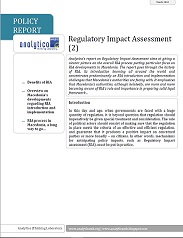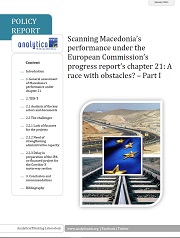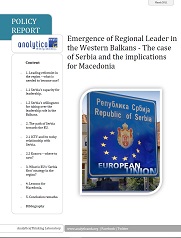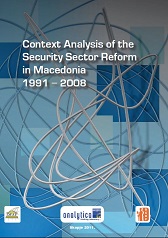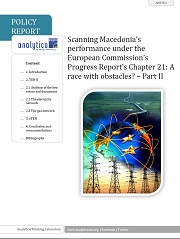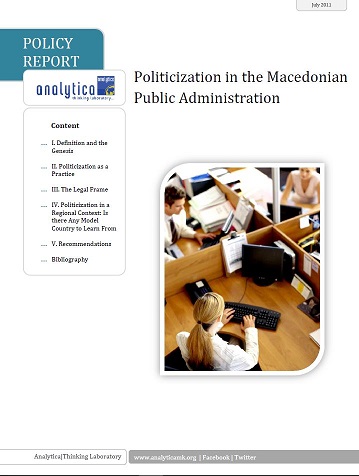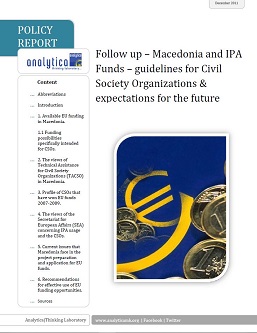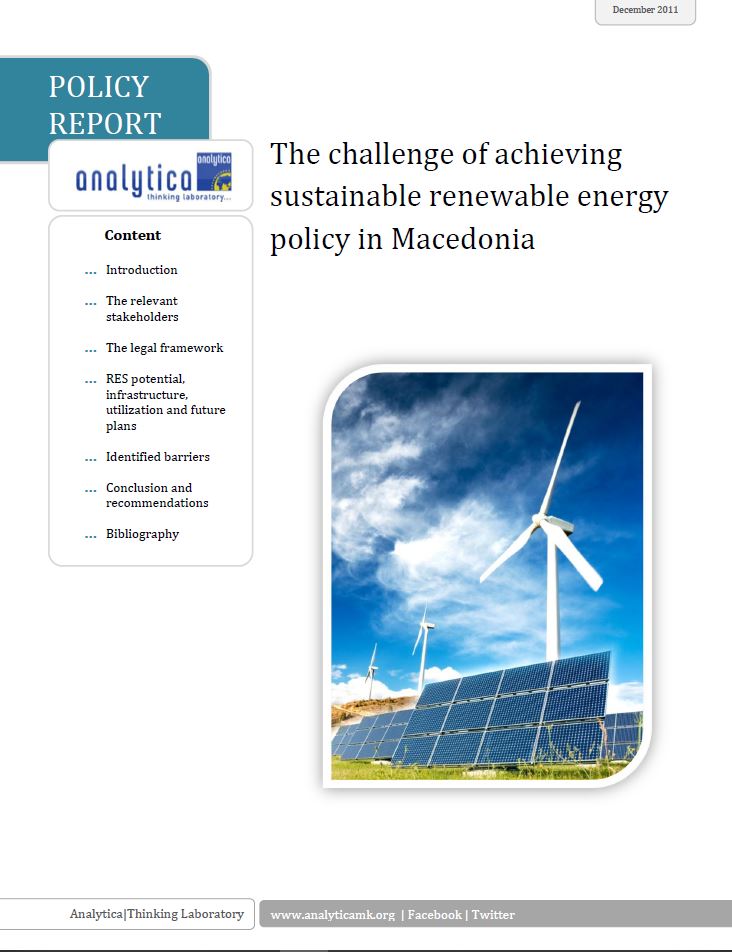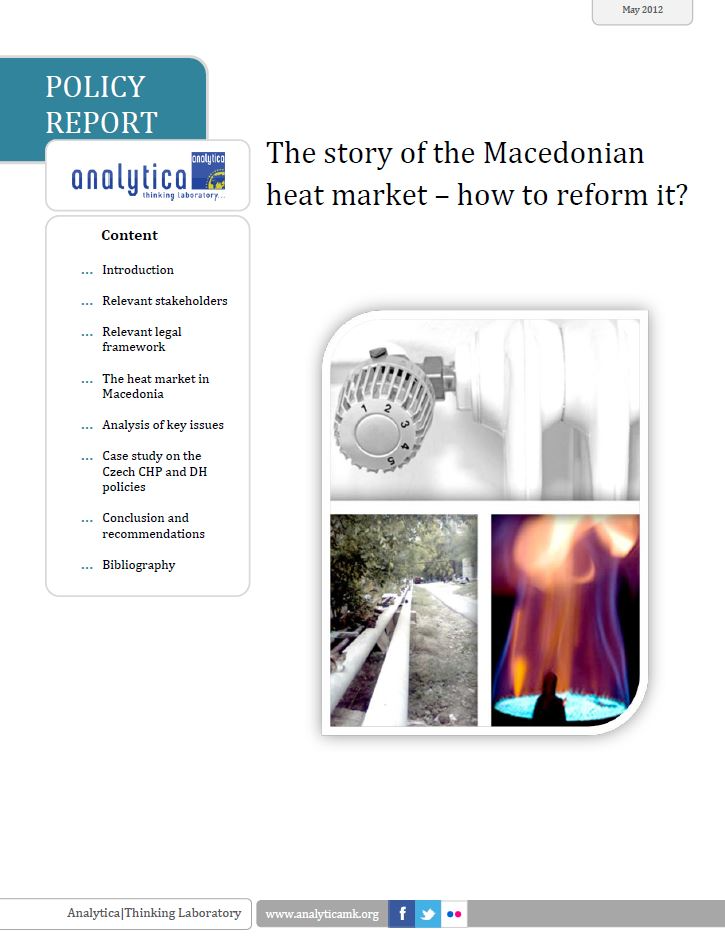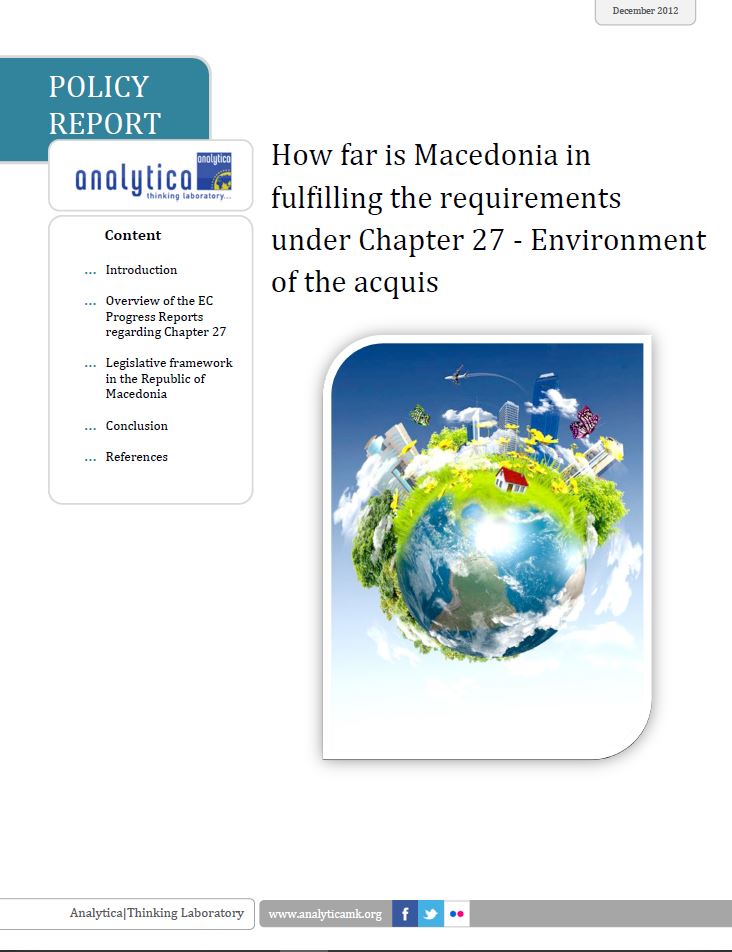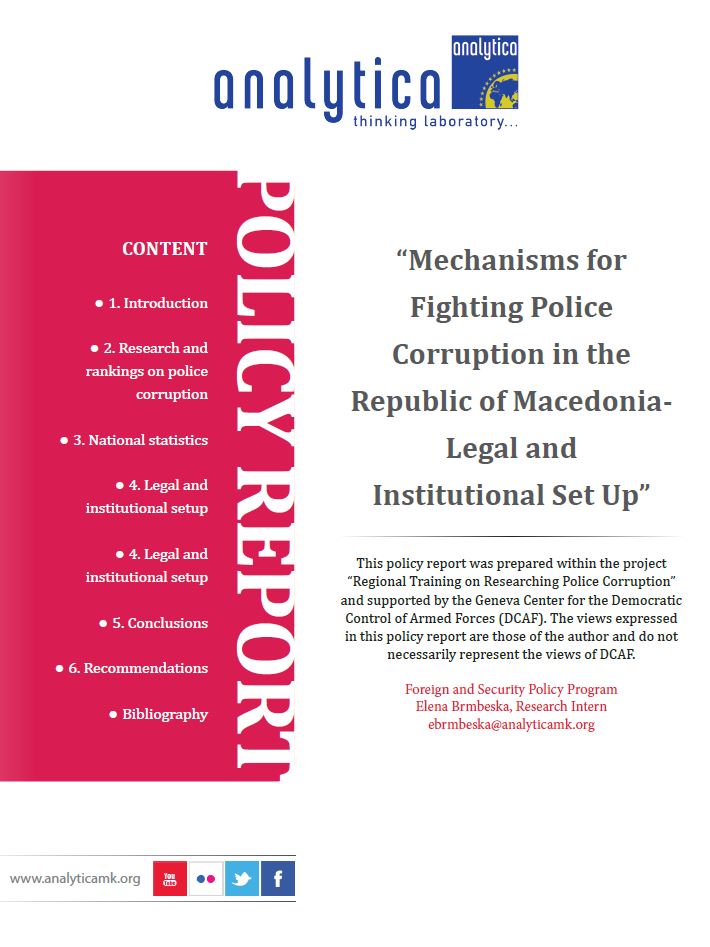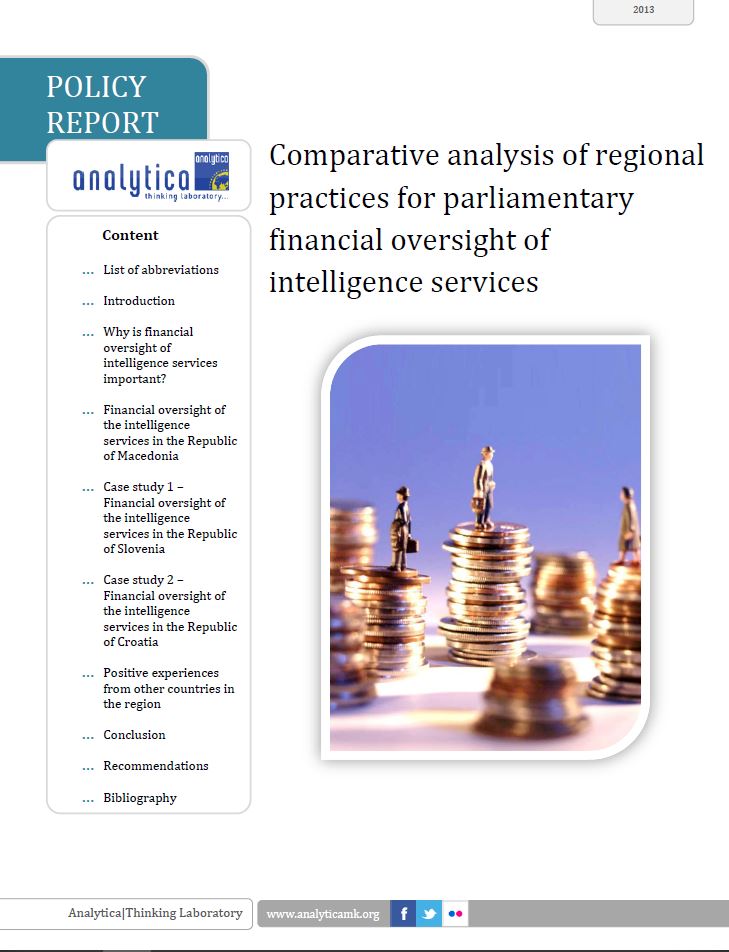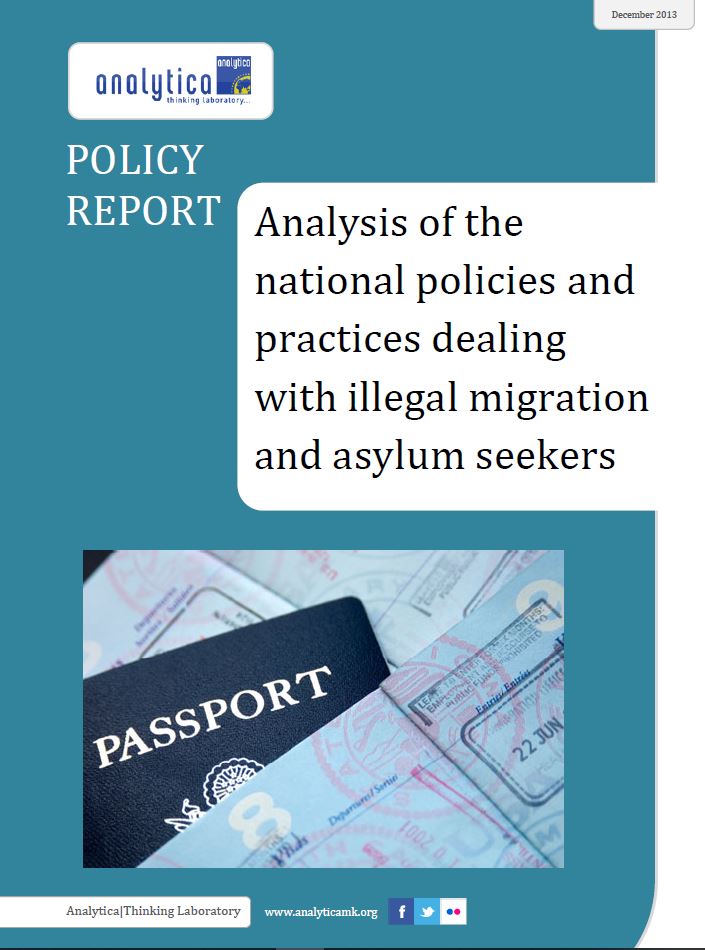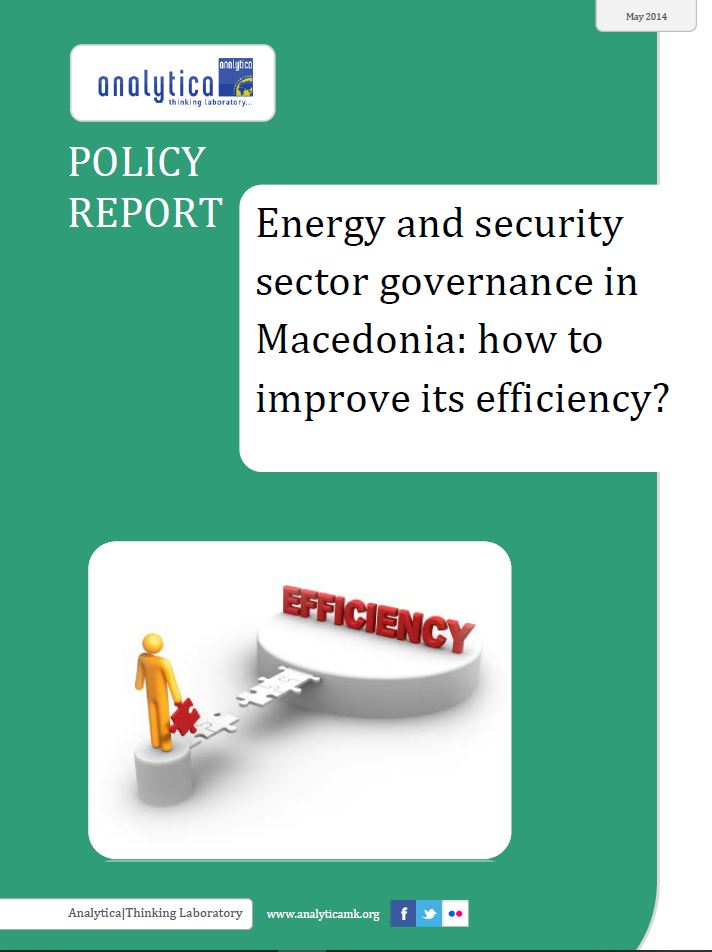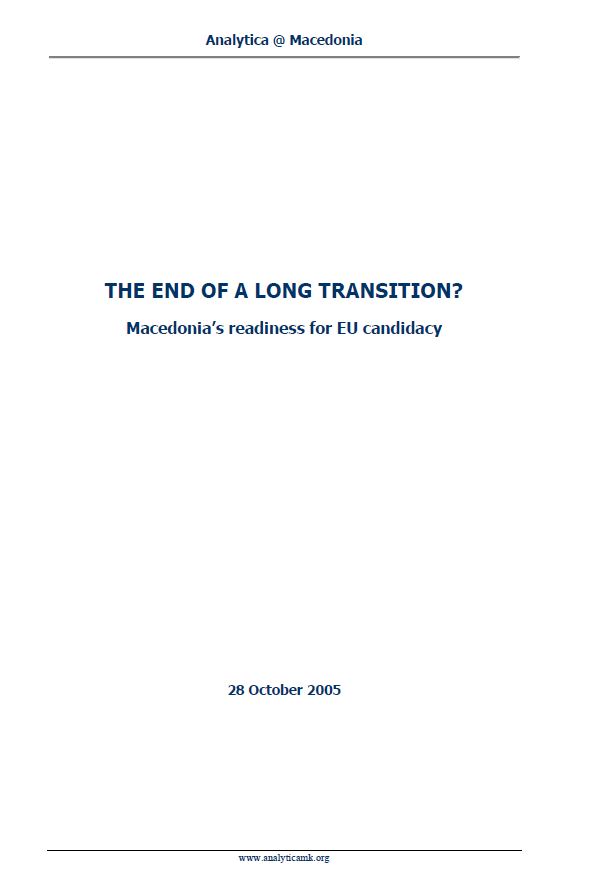
The End of a Long Transition? Macedonia’s Readiness for EU Candidacy
The End of a Long Transition? Macedonia’s Readiness for EU Candidacy
Keywords: North Macedonia; EU integration; EU candidacy; EU enlargement; Western Balkans; Stabilisation and Association Agreement; readiness for EU membership; economic development; employment growth; monetary stability; transition period;
Mixed record of the EU following the failure of ratification of its first ever drafted constitution, on the one hand, and recent commitment shown to the enlargement, particularly in the cases of Turkey and Croatia, on the eve of 2006, the EU is faced with the big question whether to continue to demonstrate the commitment for the EU enlargement this time to the heart of the western Balkans region, towards Macedonia, success of which enlargement conditions the credibility of the EU’s foreign policy. Wider European and Balkan debate circles on EU enlargement currently have their ears in Brussels awaiting the avis of the Commission, which is to deliver whether Macedonia fulfils the conditions for candidacy and for negotiations for full Membership. The overall process of the European integration of Macedonia successfully started with the filling in the EC Questionnaire. However, as the date for the avis and for decision approaches, the calculations made for the rationale and benefits of enlargement to Macedonia, another western Balkan potential candidate after Croatia poses difficulty to EU officials and its member country representatives.
More...
